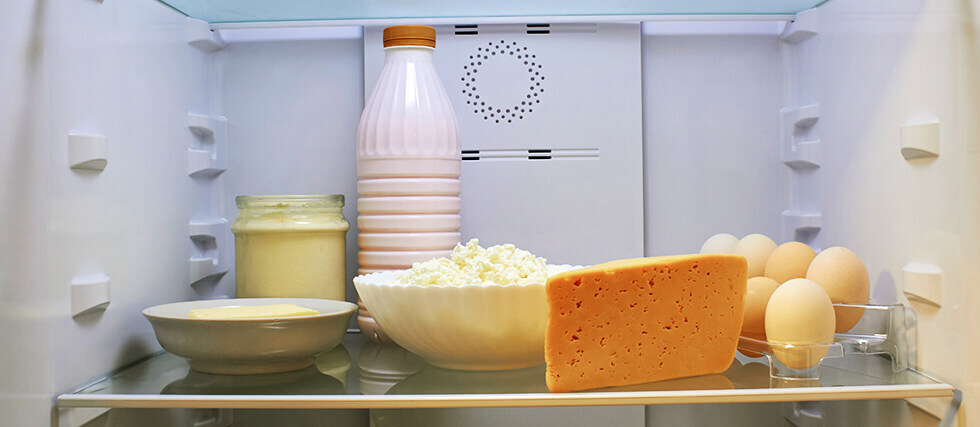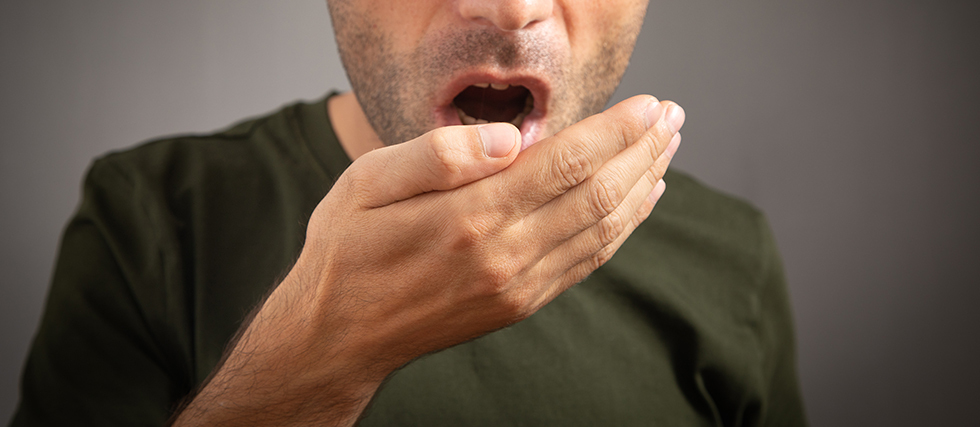The 3 Most Dangerous Expired Dairy Products Hiding in Your Fridge
Dairy plays a starring role in our kitchens—from creamy morning lattes to tangy yogurt parfaits and cheese-laden dishes. But these nutrient-rich staples are also prime real estate for bacteria, especially when they’re stored improperly or kept past their expiration dates. According to Connie Elick, a registered dietician and culinary arts instructor, the safest bet is to toss expired dairy to avoid the risk of foodborne illness.
1. Milk
Even though most milk is pasteurized, it still needs constant refrigeration. If it’s left out for over two hours (less in warm temps!), it can quickly turn into a bacterial breeding ground. Watch for discoloration, chunky or slimy textures, sour smells, or off flavors—clear signs it’s time to toss.
2. Yogurt
Though it’s full of probiotics, expired yogurt isn’t doing your gut any favors. Mold spots, off-color patches, and foul or musty smells are red flags. If there’s thick, slimy liquid on top, don’t risk it.
3. Soft Cheeses
High-moisture cheeses like Brie, ricotta, and cottage cheese spoil faster than harder types. Any signs of fuzz, discoloration, or a rancid smell mean it’s unsafe—even if you scrape off the mold. “Mold may have already spread throughout,” warns Elick.
Can You Eat Expired Dairy?
If it smells fine, can you still eat it? Maybe, but Elick says when in doubt, throw it out—especially for vulnerable groups like children, the elderly, and pregnant individuals.
Dairy Storage Tips:
- Always buy pasteurized products.
- Keep your fridge at 39°F.
- Freeze milk and yogurt to extend their life (though texture may change).
- Consider powdered milk as a long-lasting alternative.
Stay safe, and keep your fridge in check!




